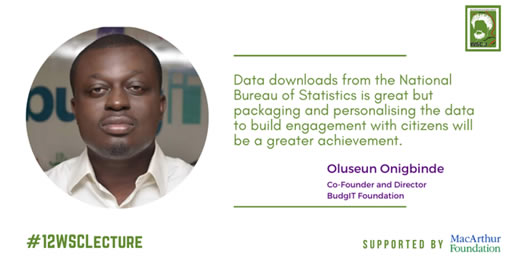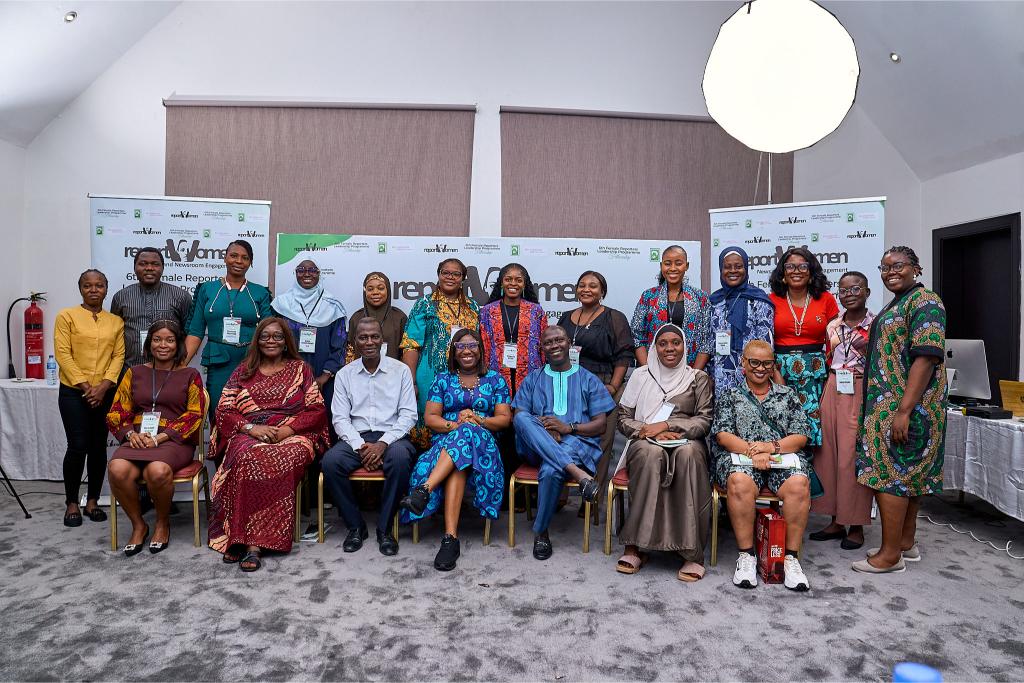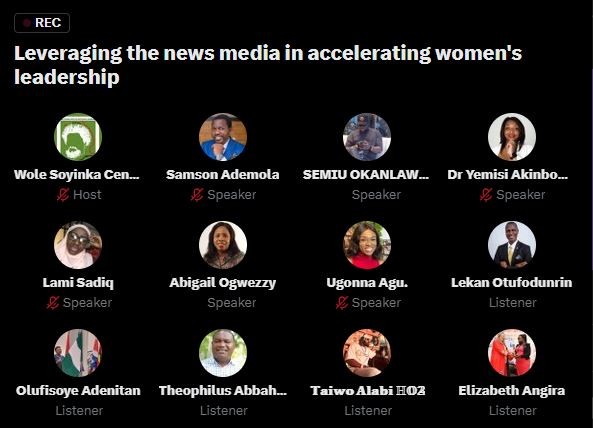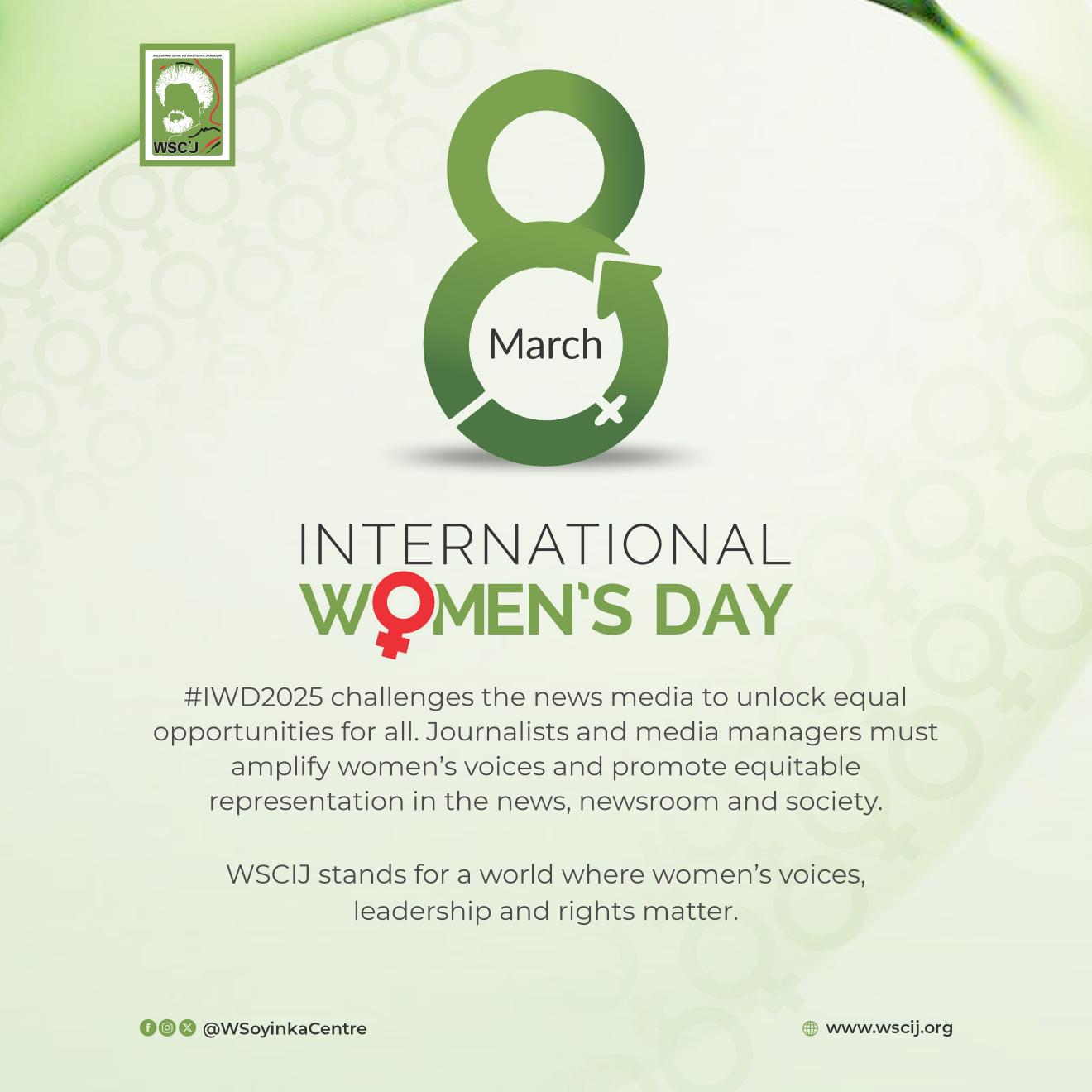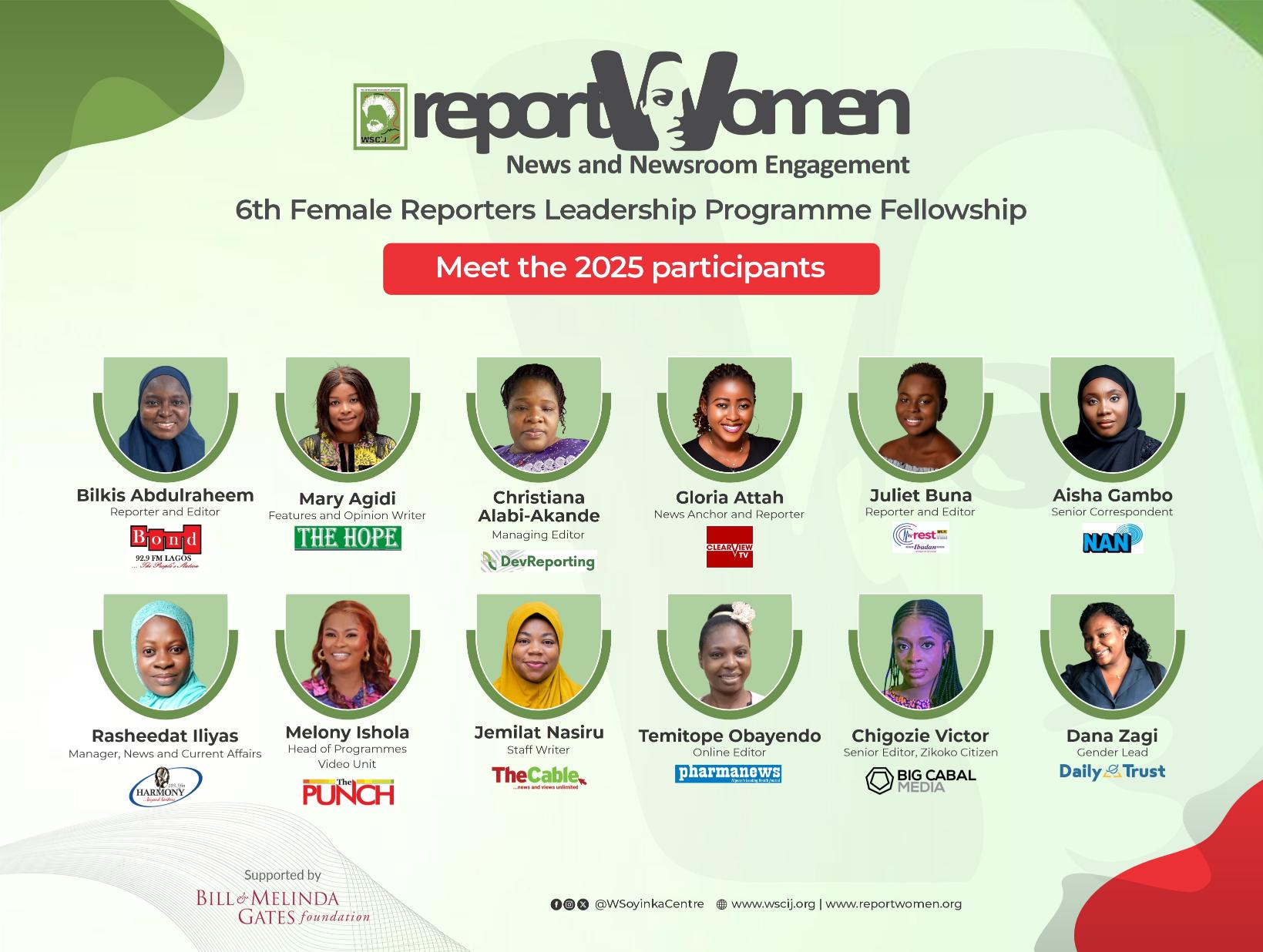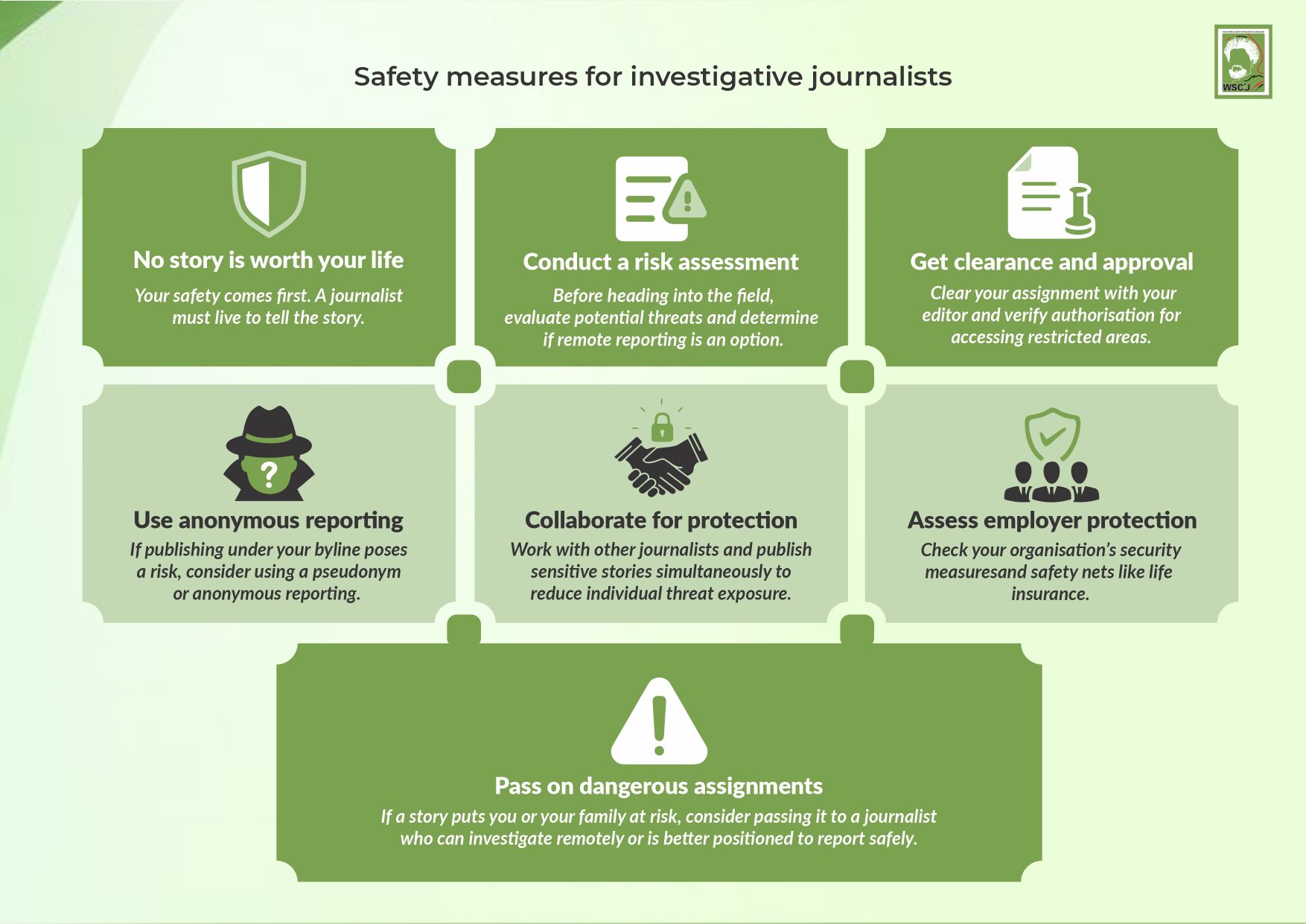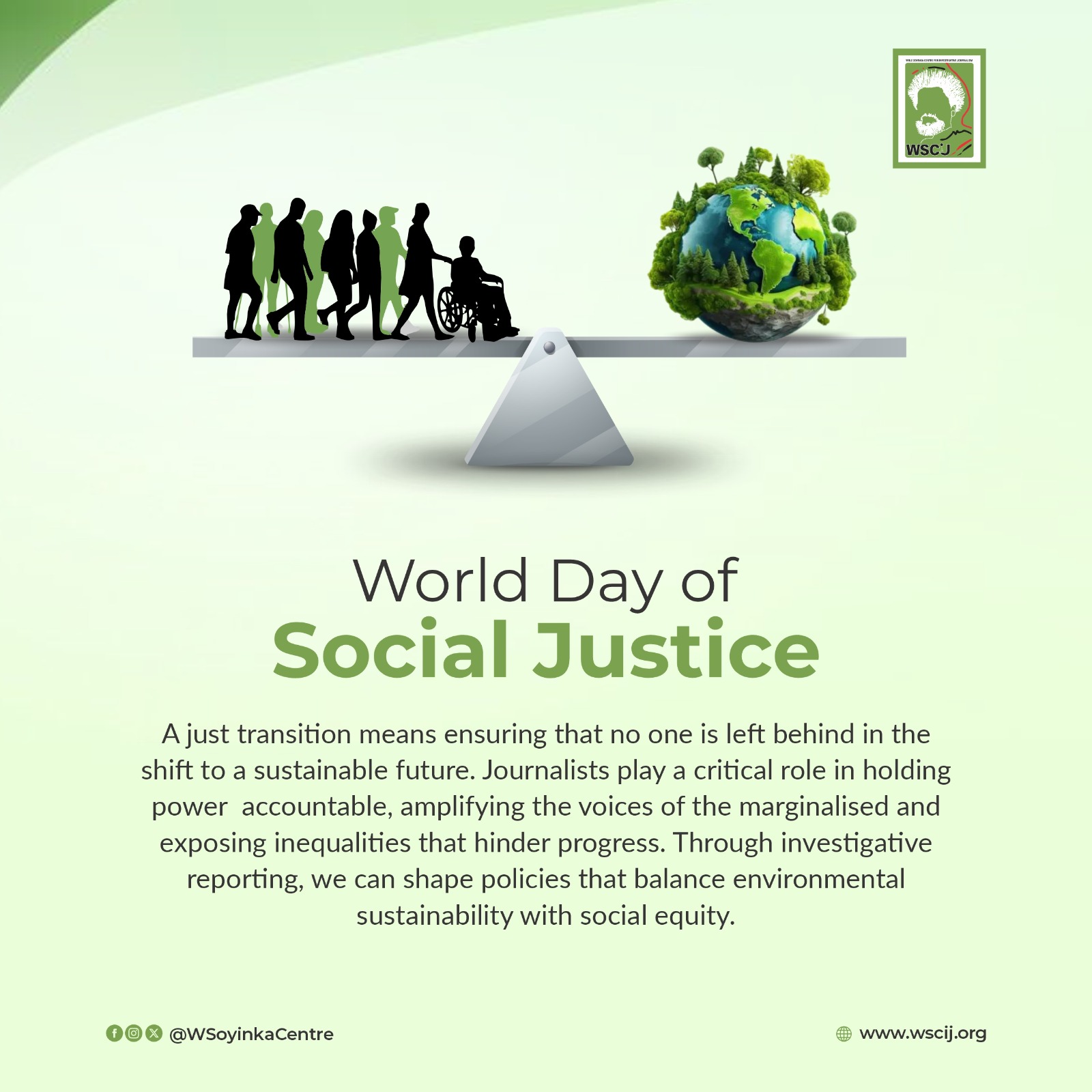Oluseun Onigbinde, Co-Founder and Director of BudgIT Foundation, has championed the need for data on the identity of citizens in order to plan and allocate national resources well.
The civic technology expert stated this on Monday, 13 July 2020 at the 12th Wole Soyinka Centre Media Lecture Series organised by the Wole Soyinka Centre Investigative Journalism (WSCIJ) to mark Professor Wole Soyinka’s 86th birthday.
In his contribution as a panellist at the lecture, Onigbinde argued that the country cannot plan and allocate resources well without data on the identity of her citizens.
He said, “We do not even know who a Nigerian is. A lot of Nigerians do not have a national identity. They do not have a passport. They do not have any single reference data that you can say qualifies them to be able to present themselves as a Nigerian. They might be Nigerians as defined by the constitution, but where exactly is the evidence of that? And without that you cannot even effectively plan.
“So, we are trying to give palliatives to people; we do not even know which people are poor. We don’t even know the poorest of the poor.”
In August, Minister of Interior, Rauf Aregbesola, stated government plans to issue digital ID in place of national identification card and on international passport. The newly-introduced digital identification is also known as social security in the US and the United Kingdom. This implies that details about the holder of the number can be easily be tracked.
Onigbinde affirmed that all the problems Nigeria faces, whether with security, poverty, employment, housing, education or electricity boil down to data. According to him, the avoidance of truth is at the root of the poor data culture and access in the country.
In his words: “We constantly continue to move on in this whole managing the Nigerian equation, managing the Nigerian society, so we do not want to face some bold truths about the current situation of Nigeria. We know that fact is going to create some undeniable truths to the Nigerian face, so because of that, you see a poor data culture around Nigeria.
He identified poor data culture and lack of expertise at the National Bureau of Statistics (NBS) as responsible factors for the outrageous ranking of the country based on certain development indices.
He said, “Most times, NBS does not have the technical expertise to even run a lot of these (development) data. So, you are left with extrapolations that have been running maybe even from 1960s and they will say, oh Nigeria is the poverty capital of the world, or even has this size of maternal mortality ratios or infant mortality ratios, whereas it is because we have not just done the right work to improve these data.
Citing examples from foreign media, Onigbinde also called on the media to do more work in embedding data into their reports and telling stories that connect the dots.
He said, “In almost every single report, there is a visualisation, there is data analytic packed into that just because they invest in that. But I know that is challenging, we do not run on the same budget. But it is something that has to be very intentional and it can be very much more incremental.
“Much more work should be done on storytelling because data is great, but the stories are greater. We cannot just stay on the position of data; we must be able to connect this.”
He also observed the need for the Nigerian authorities to accept the truth that data presents them, however cruel.
He said, “We need to be a country that wants honesty. And if we want honesty, the only way we are going to get, we are going to be honest is to accept the cruel truths that emanate from data. And when we are able to accept that, we can now ask ourselves, what do we need to improve, what do we need to change in a society that really wants to progress.”

